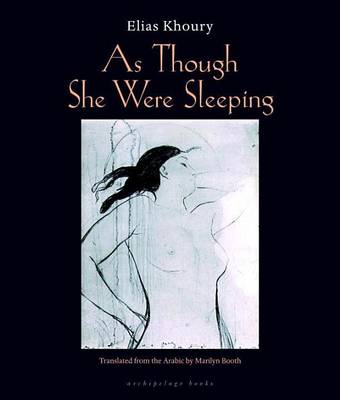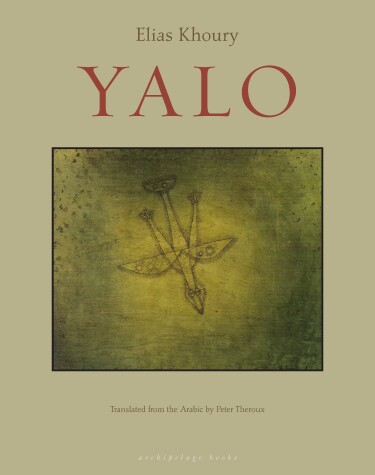Rainmaker Translations
2 total works
Beirut in the 1930s: a young woman has the gift of seeing the past in her dreams, and she can also predict the future. Over the course of three nights, Milia recalls her love affair with Mansour, between Beirut and Nazareth, and dreams of episodes in the lives of her family: of a grandmother who regains her virginity after the birth of her son; of the bizarre death of an uncle, who accidentally hangs himself by a church-bell rope; of her relationship with her mother. Dreams are a way to escape all forms of oppression, whether from family, religion or politics; Milia's visions are of a kind of Garden of Eden, of frangipani trees and orange blossom, and yet she foretells the political and social transformations to come: Jewish immigration to Palestine, the influence of foreign Christian missions and the Westernization of morality. As Though She Were Sleeping is a reminder of what life once was in the Middle East; Elias Khoury has again crafted a compelling and many-layered narrative of great sensuality.
Yalo propels us into a skewed universe of brutal misunderstanding, of love and alienation, of self-discovery and luminous transcendence. At the center of the vortex stands Yalo, a young man drifting between worlds like a stray dog on the streets of Beirut during the Lebanese civil war. Living with his mother who "lost her face in the mirror," he falls in with a dangerous circle whose violent escapades he treats as a game. The game becomes a horrifying reality, however, when Yalo is accused of rape and armed robbery, and is imprisoned. Tortured and interrogated at length, he is forced to confess to crimes of which he has little or no recollection. As he writes, and rewrites his testimony, he begins to grasp his family’s past, and the true Yalo begins to emerge. Ha’aretz calls Yalo "a heartbreaking book . . . hypnotic in beauty."

